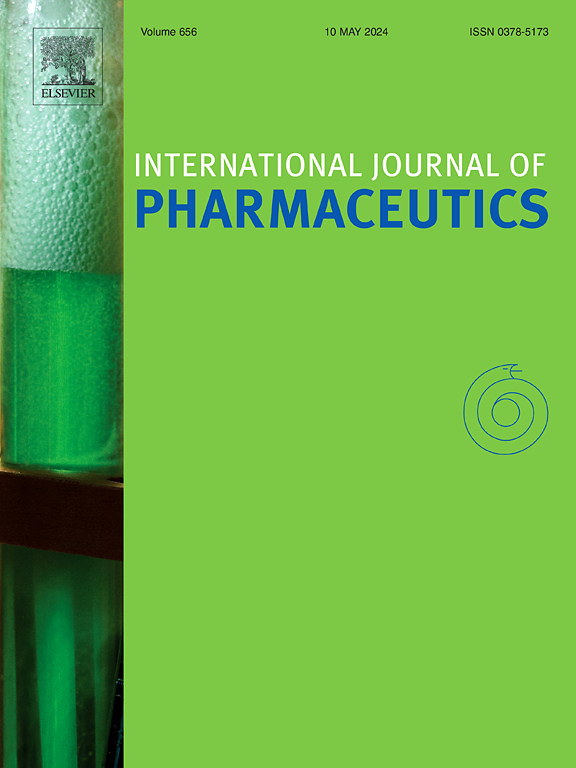Bio-fabrication of fibrotic liver microtissues as a scalable and drug-responsive in vitro model
IF 5.2
2区 医学
Q1 PHARMACOLOGY & PHARMACY
引用次数: 0
Abstract
Around one-third of the global population is affected by chronic liver diseases which can eventually lead to liver fibrosis. Despite the widespread prevalence and severity of liver fibrosis, only one FDA-approved drug has been introduced so far, possibly due to the lack of a suitable model for pharmacological studies. Today, biomimetic in vitro models are more commonly used compared to in vivo models to avoid ethical concerns and physiological and genetic differences between animals and humans. An effective in vitro model should incorporate human cells, closely mimic in vivo conditions, be reproducible and scalable, and cost-effective. In this study, we developed liver microtissues consisting of available replacement for four major liver cell types encapsulated into a hydrogel containing liver extracellular matrix and alginate using a pneumatic system. To induce fibrosis, the microtissues were exposed to free fatty acids for 21 days. The successful fibrosis induction was confirmed through the evaluation of fibrotic markers at both the molecular and protein levels. To investigate the potential of the generated fibrotic microtissues (FMT) for pharmacological studies, Pioglitazone treatment was performed. Our findings indicated that in response to Pioglitazone, most of the evaluated fibrosis indices in the FMTs modulated and restored the range of control microtissues. Overall, it could be concluding that this model could be used for drug screening and could be a potential platform for precision medicine.

纤维化肝微组织的生物制备作为可扩展和药物反应的体外模型。
全球约三分之一的人口受到慢性肝病的影响,这些疾病最终会导致肝纤维化。尽管肝纤维化广泛流行且严重,但迄今为止只有一种fda批准的药物被引入,这可能是由于缺乏合适的药理学研究模型。今天,与体内模型相比,体外仿生模型更常用,以避免伦理问题以及动物和人类之间的生理和遗传差异。一个有效的体外模型应该包含人类细胞,密切模仿体内条件,可复制和可扩展,并具有成本效益。在这项研究中,我们开发了肝脏微组织,包括四种主要肝细胞类型的可用替代品,这些细胞类型被包裹在含有肝细胞外基质和海藻酸盐的水凝胶中,使用气动系统。为了诱导纤维化,将微组织暴露于游离脂肪酸中21 天。通过在分子和蛋白质水平上评估纤维化标志物,证实了成功的纤维化诱导。为了研究生成的纤维化微组织(FMT)用于药理学研究的潜力,进行了吡格列酮治疗。我们的研究结果表明,在吡格列酮的作用下,FMTs中大多数评估的纤维化指标都调节并恢复了对照微组织的范围。总的来说,可以得出结论,这个模型可以用于药物筛选,并可能成为精准医疗的潜在平台。
本文章由计算机程序翻译,如有差异,请以英文原文为准。
求助全文
约1分钟内获得全文
求助全文
来源期刊
CiteScore
10.70
自引率
8.60%
发文量
951
审稿时长
72 days
期刊介绍:
The International Journal of Pharmaceutics is the third most cited journal in the "Pharmacy & Pharmacology" category out of 366 journals, being the true home for pharmaceutical scientists concerned with the physical, chemical and biological properties of devices and delivery systems for drugs, vaccines and biologicals, including their design, manufacture and evaluation. This includes evaluation of the properties of drugs, excipients such as surfactants and polymers and novel materials. The journal has special sections on pharmaceutical nanotechnology and personalized medicines, and publishes research papers, reviews, commentaries and letters to the editor as well as special issues.

 求助内容:
求助内容: 应助结果提醒方式:
应助结果提醒方式:


